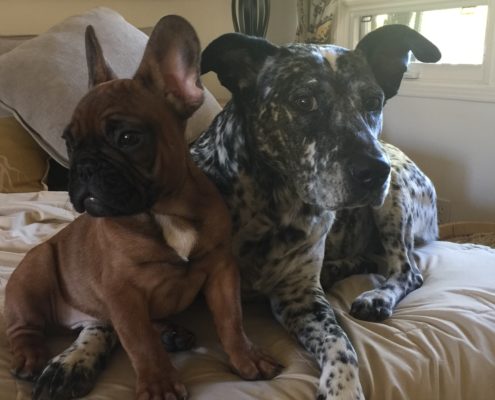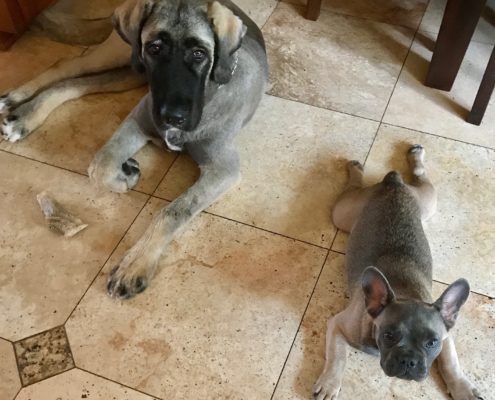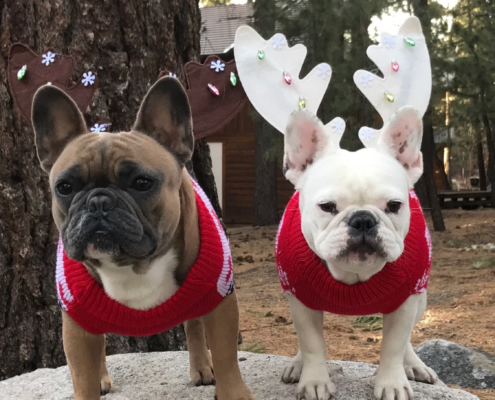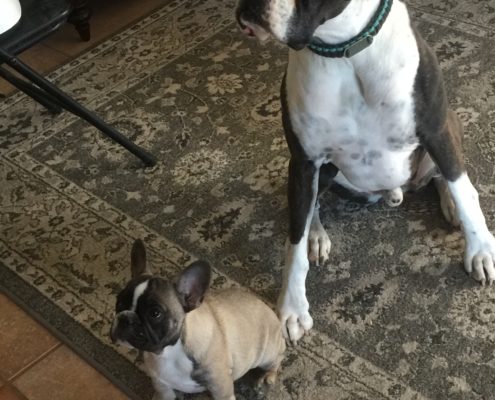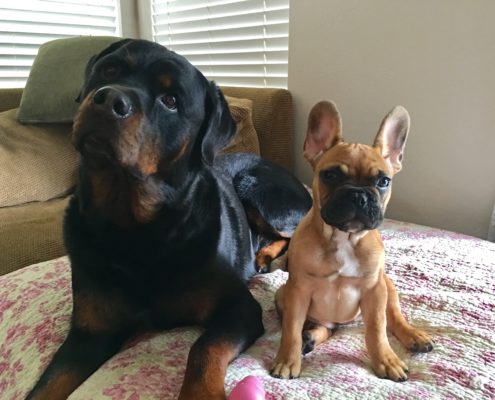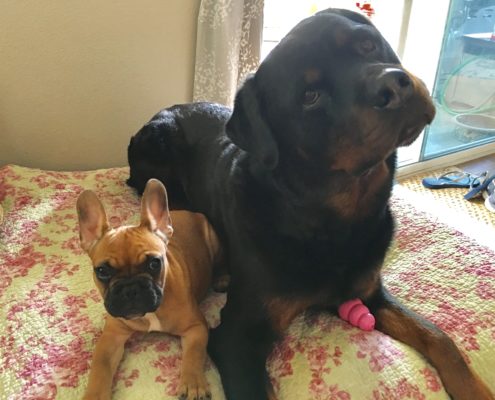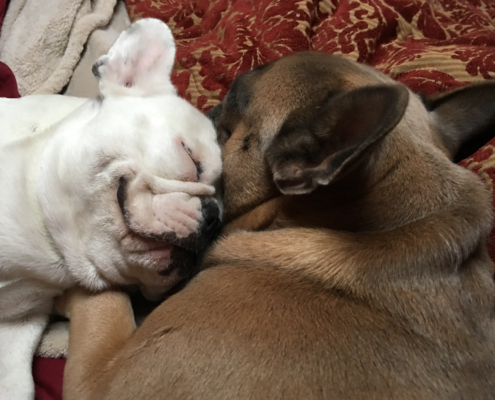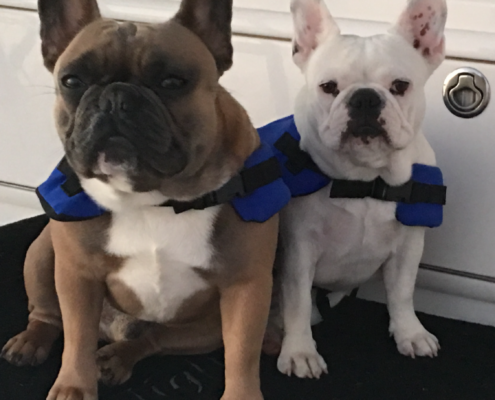As a pet parent, I always make it a point when I have the time to diligently read the news or follow blogs written by dog care professionals to help me understand and better take care of my french bulldog. One of the blogs I read regularly and refer to for troubleshooting is Caesar’s way. Cesar is an established dog care professional with his own TV show and many celebrity clients. More importantly, he posts information on the most uncanny insights into the nature of dogs and on pet care and training. One of my favorites is an interesting series of blogs by Cesar titled Natural Dog Laws like his Natural Dog Law No 5 which says that dogs are instinctively social pack animals.
When I googled this for more information I was indeed astounded to learn that the modern day domestic dogs ( including special assistance dogs, pet dogs, farm dogs and my beloved frenchie ) wolves, dingos, coyotes, and jackals all belong to the same scientific classification the genus Canis. So dogs species are Canis Familiaris, and wolves are Canis Lupus. That indicates that somewhere their origins lie in the same common ancestors. This is why their pack mentality comes to our pet dogs naturally. It’s in their genes. It’s instinctive.
All the pictures are first moments between older dogs and their new companion puppy.
We as humans cannot literally speak to our pets in their language but we can instinctively try and understand their personality and their needs believe me each dog has it’s own. It is important that we realize their instinctive nature and keep it in mind when we take care of them. Essentially, we care for our pets in our human way and not the pack animal way. Since there is no cooperation required from the pack from our pet dog for survival, frenchie does not really feel like a contributing member of the pack. After all what help could we need from our pet in emptying a box of pre-packaged pedigreed dog food into a bowl and placing it on the floor. Our pet’s pups are cared for by us. Illness is kept away at by vaccinations. This is more like human relationships than like the cooperation between animals within a pack.
The French bulldog is an intelligent pet. It is one of the few pedigreed breeds which have been bred and adapted over a period of time to live well with humans. Even so, the frenchie wants to feel belonging at an instinctive level. Also, Cesar in his blog states that since our pet dogs are originally descended from wolves they need the security and comfort of a pack. So french bulldogs, in fact, all dogs find comfort in numbers. Usually, three dogs are considered a pack but if not three even two ( a pair) find comfort in each other. Dogs much more than humans are social animals and find happiness and safety in numbers. A single dog is usually lonely, feels unsafe and unbalanced. It takes three to make a pack but even two together will do to beat the loneliness our pet feels sometimes even when we are around. If a dog had a choice he or she would much rather have more dogs around rather than be the only one. It’s not natural for them to be alone without a pack to belong with.
Pet parents with two or more pets at the same time, especially in the case of dogs, will confirm how much better behaved and happier their dogs are. With their pack or their partner, they get affection and attention not possible from human parents. You will find there are with a balanced happy pet less chances of coming home to a messy sofa or a house turned upside down by a restless lonely dog.This holds true for all breeds of dogs and french bulldogs are no exception.
This is also the reason many suggest that having two or even more pet dogs at one time together is better than having one.
While it’s not always possible given our own hectic lives and work schedules, to provide constant companionship to our pet French bulldog like a pack does, having two or more dogs as pets together at the same time helps solve this problem a lot I think. The companionship, rapport, and friendship between two dogs or a male and female pair of dogs can go a long way in producing happiness hormones in each of them and this leads to happy pet parents too.
